Unless you consider protecting their bottom-line evil, which would be a little absurd since that’s what businesses do; in fact, it’s what they MUST do to survive.
The question of Google’s evilness is, of course, only relevant because of their one-time motto/mandate “Don’t Be Evil.” And it’s a little easier to assign nefariousness to their business practices due to that posturing. Oh, and also because the same law that lets child-sex trafficker Backpage.com (whom Google quietly — yet unequivocally — supports) operate also keeps Google, via YouTube, from having to pay healthy royalties to musicians every time someone shares a song for free on the site.
Basically, artists feel there is a “value gap” between the virtual pennies they are paid to allow their songs to stream on YouTube and the amount the site makes in advertising. Some estimates say the gap is as much as $650 million in the U.S. alone.
YouTube disputes the gap and has issued a threat — uh, warning — to music labels, who have begun looking to regulators to help.
YouTube…warns against attacks that could reduce competition among streaming services. The music industry counters they are backed into a corner when negotiating with YouTube – a unit of Google-parent Alphabet – which is mostly shielded by federal law from being responsible for what users post on the site…
The dispute boils down to what YouTube pays for songs.
Musicians from Arcade Fire to Garth Brooks to Pharrell Williams say they earn significantly less when their songs are played on YouTube than on a site such as Spotify – even though many listeners use these services in the same way. Both YouTube and Spotify allow users to search for music and find song recommendations. On YouTube, users can find music alongside cat videos and toy reviews in what is generally a free-for-all of content, while people go to Spotify and the like for a more refined experience. Some audiophiles argue the sound quality on music streaming sites is superior. YouTube pays an estimated $1 per 1000 plays on average, while Spotify and Apple music pay a rate closer to $7.
Apple, not notorious for playing nice with other tech companies or being magnanimous in general, pays artists more. And here’s Liam Gallagher, one half of the Brit Pop band Oasis, laying out the frustrations with the new music provision system in the way only a British rock musician can:
Liam Gallagher making tea is the best thing you'll see today. As you were. pic.twitter.com/JaAB0p6Qr2
— BBC Three (@bbcthree) September 20, 2017
It’s tempting, of course, not to feel much sympathy for musicians simply because they have to make their own tea now and aren’t quite the multi-millionaires they once were thanks to streaming music services. And really, who doesn’t like free music? But Google, who is definitely not evil because businesses protect their bottom lines and are designed to make a profit, could maybe meet the payment threshold of their competitors if they want to really convince the world of their benevolence.

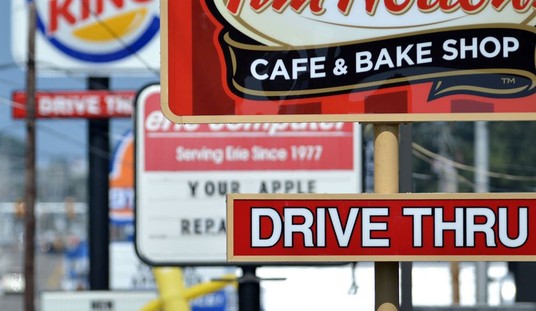
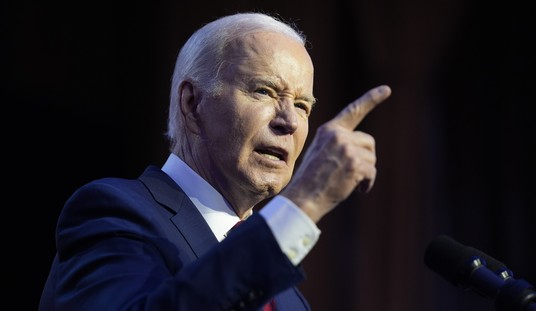
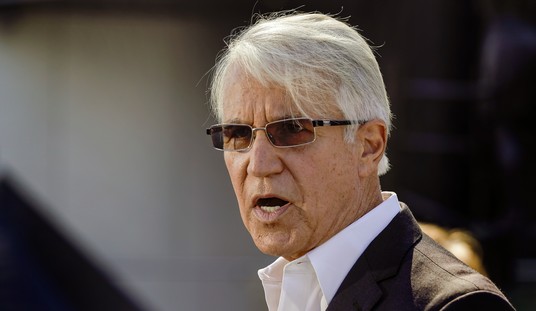
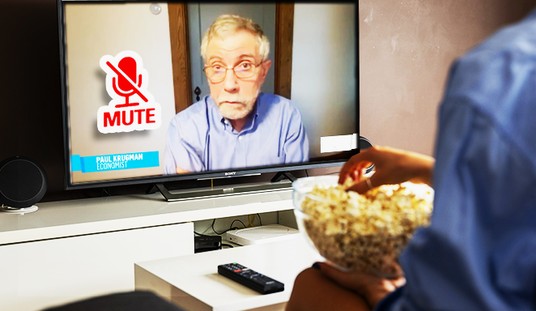




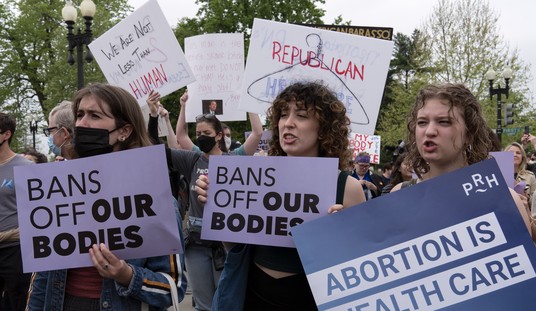
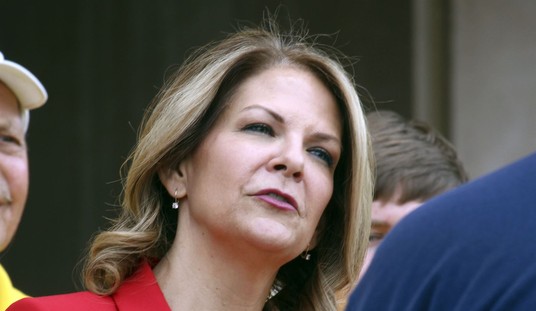

Join the conversation as a VIP Member